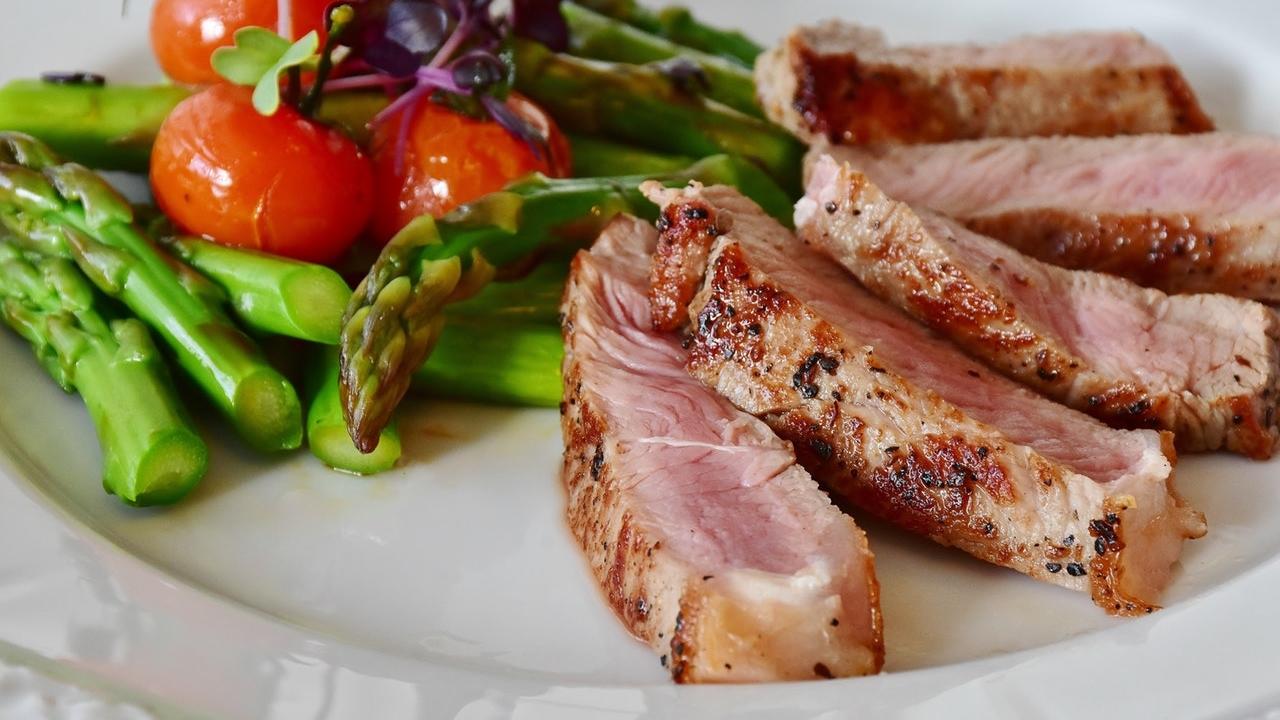April 2018: The Month in Review

Following all the exciting news in the first quarter, April continues cellular agriculture’s incredible year! Cellular agriculture (‘cell ag’) refers to the field of growing animal products (like meat, milk, and leather) from cell cultures instead of raising animals for them. From contrasting responses from the meat industry to new startups (and older ones with new products), this article highlights some of the key events that happened in cellular agriculture during the month of April.
Just Launching a New Startup
This month, Eitan Fischer left his position as the Director of Cellular Agriculture of Just (formerly Hampton Creek) to start his own company called Mission Barns. Just confirmed that researcher David Bowman also left the company for Mission Barns. Fischer joined Just in 2016 when co-founders Josh Tetrick and Josh Balk asked Fischer to lead a new division of the company dedicated to making cultured meat via cellular agriculture. Without requiring animals. According to Clean Meat, Fischer was working towards his own cultured meat startup when he was approached to join Just.
It is unclear how the departure of their Director of Cellular Agriculture will impact Just’s timeline. Just publicly announced that they are entering the cultured meat space in 2017 and that they will have the first product to market by (end) 2018. This is a lot earlier than other companies making cultured meat, such as Memphis Meats and Mosa Meat, which plan to have their products commercial by 2021.
Bolt Threads' New Leather. From Mushrooms.
Bolt Threads is a clothing startup that uses animal-free spider silk to make clothes. By using yeast to produce spider silk. Bolt Threads recently announced their newest product: Mylo. Unlike their other products, Mylo is not made from spider silk. It's leather, made from mushrooms. Licensing the technology from Ecovative Design, Mylo is a leather material produced from mycelium, the root structure of mushrooms. Bolt Threads exhibited their first Mylo leather bag for fashion designer Stella McCartney this month at the Victoria and Albert Museum in London. Alongside Modern Meadow’s ‘bioleather’ (which is animal leather grown from cell cultures), Bolt Thread’s Mylo offers a sustainable source of leather that can be the future of sustainable clothing and fashion design. It is expected that the first Mylo leather bags will be commercial in June.

A leather bag. Made from mushroom.
Investments in (Plant-based) Meats
This month, Impossible Foods raised a massive $114 million investment in a convertible note co-led by Temasek Holdings and Sailing Capital. With this investment, Impossible Foods is the most funded startup (close to $400 million!) in the alternative protein space. Having tried out the Impossible Burger, it’s easy why they are doing so well! This convertible note comes as Impossible Foods plans to launch in Asia. While Impossible Foods is a plant-based meat alternative, the successful rise of plant-based alternatives is a positive sign. It shows that people are willing to embrace alternatives to conventional animal products that offer a more sustainable and environmentally friendly option.

The Meat Industry Continues to Fight Back.
In February, the US Cattlemen’s Association (USCA) filed a petition to the US Department of Agriculture (USDA) to narrow the definition of ‘meat’. In the petition, the USCA requests that meat and beef be defined as coming from the flesh of an animal that was raised, slaughtered, and harvested in the ‘traditional’ manner.
In contrast, the larger National Cattlemen’s Beef Association (NCBA) had the opposite official response this month. The NCBA believes that cultured meat does meet the definition of a meat product and, therefore, the USDA should be in charge of regulating it as strictly as they regulate beef slaughterhouses. In spite of that, the NCBA is lobbying alongside the USCA in Missouri to pass legislation to ban any produce besides animal flesh from being defined as meat.

It is unclear whether the USDA (who regulates and oversees animal products like meat, milk and eggs) or the Food and Drug Agency (which oversees products coming from cell cultures) would be in charge of regulating cultured meat and other cellular agriculture products. With both the NCBA and USCA calling for the regulation of cultured meat by the USDA, it will be interesting to see what policies emerge. In March, the FDA released a statement about cultured meat’s safety that suggests the FDA will be in charge of its regulation.
The Meat Industry Joins In
Soglowek is one of Israel’s largest meat producers. This month they announced starting their first plant-based line of products. Along with that, they also announced that 20% of the profits of the plant-based brand will go to SuperMeat. SuperMeat is an Israeli cultured meat startup that is working to produce cultured chicken meat. After receiving a large investment in January, Soglowek’s support continues a great year for SuperMeat.

The packaging even includes SuperMeat's logo!
Finless Food Makes the Top 30 Under 30
Finless Foods is the first startup to use cellular agriculture to produce cultured fish meat. This month, Finless Foods co-founders Mike Selden and Brian Wyrwas were named in Inc. Magazine’s 30-under-30 list for 2018! This list commemorates innovative founders under the age of 30, and it’s great to see their work make the list as the first cultured fish startup.

Conclusion
With new startups and new recognitions, April is a strong start to the second quarter for cellular agriculture. The (mixed) responses from the meat industry incumbents highlight that there are still many obstacles ahead for cellular agriculture, such as getting the product from lab to market. With summer around the corner, it is exciting to see what the rest of the second quarter has in store for cellular agriculture!
Stay connected with CellAgri
Join our mailing list to receive the latest news and updates weekly from the cellular agriculture industry. Your information will not be shared.



